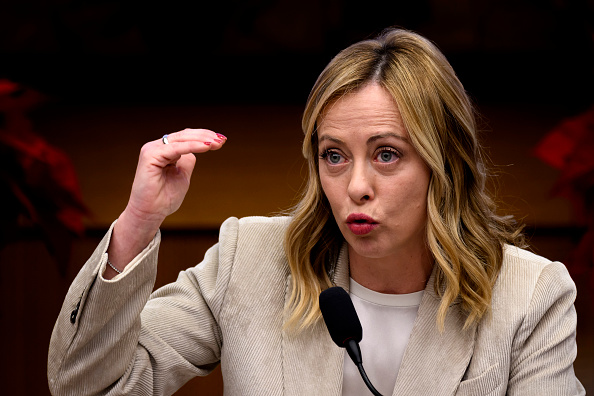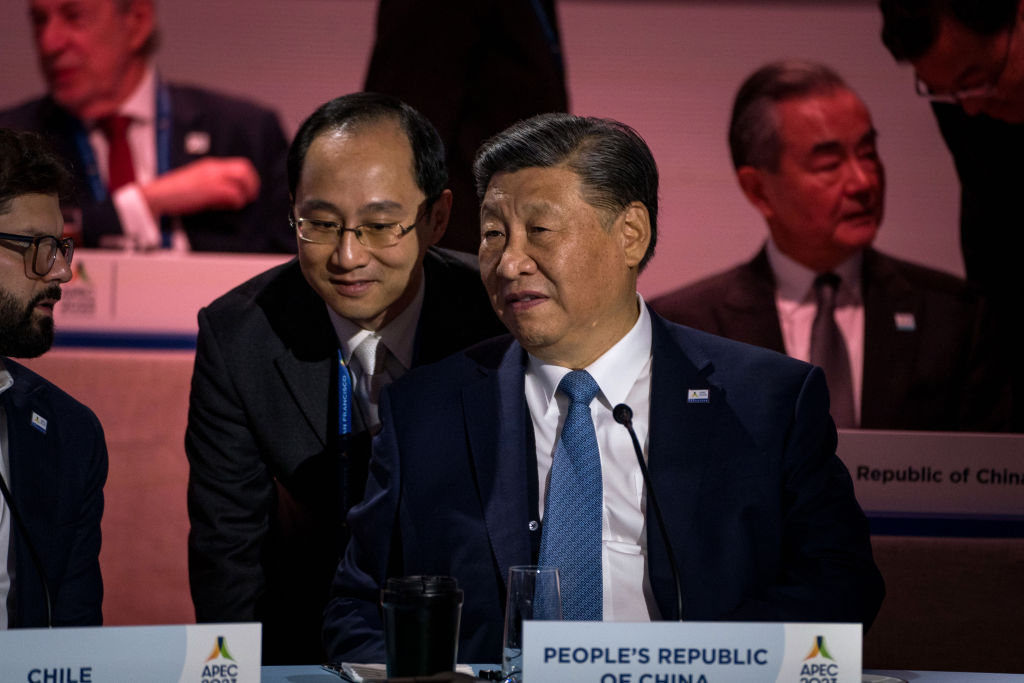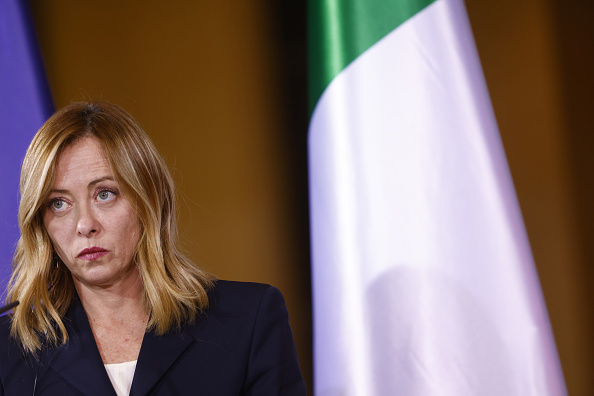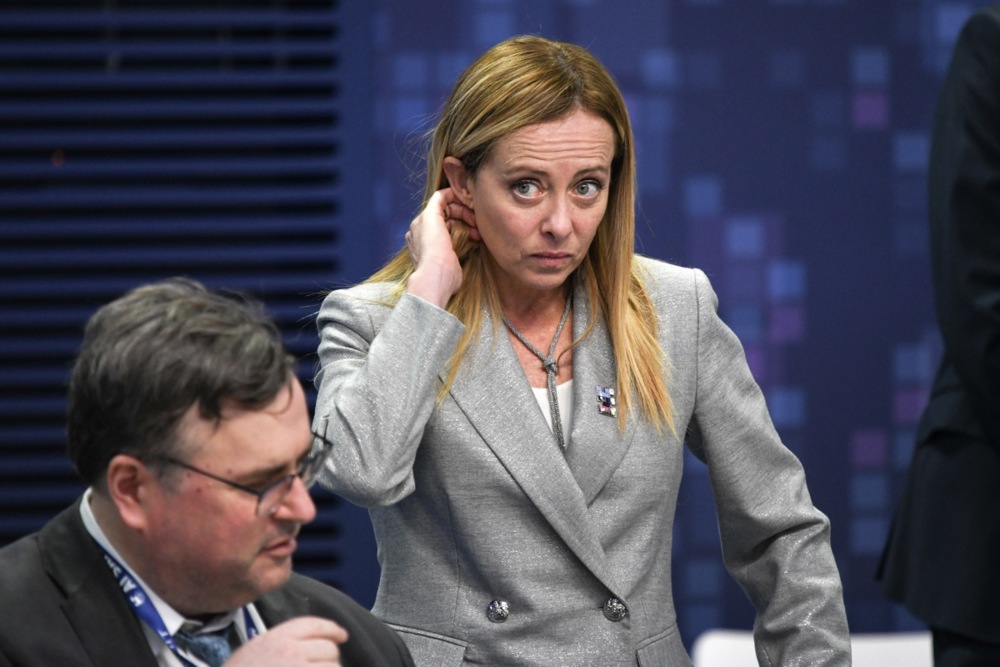Never historically far from centre stage in European politics, Italy also lies right at the centre of the possibly biggest story regarding June’s European Parliament elections.
It is the story of the dramatic rise of the soft-Eurosceptic European Conservatives and Reformists (ECR) group. Going by most recent polls, the European Parliament faction will see its share of seats balloon in June, with pundits predicting its number of MEPs to rise from its current 62 to anywhere between 75 and 90 after the vote.
Almost all that growth will likely come from Italian Prime Minister Giorgia Meloni’s Fratelli d’Italia (FdI) party, with the group looking set to win between 25 and 27 MEPs in June on 2024 as of the time of writing.
In the last European Parliament elections in 2019, it bagged just three.
The largely Italian-speaking ECR may also prove a particularly crucial swing bloc.
If its members choose to align with the more firmly Eurosceptic Identity and Democracy (ID) group, the two combined will likely boast about as many MEPs as European Commission President Ursula von der Leyen’s European People’s Party (EPP) – and according to some polls, more.
Equally, von der Leyen may well try courting the ECR, granting the bloc outsized power and possibly displacing the Socialists & Democrats (S&D) as the EPP’s partner of choice.
And Meloni just happened, in June 2023, to be elected the ECR’s President — for a second time.
Von der Leyen “spends more time in Italy than in Brussels these days”, joked Nathalie Tocci, an Italian former advisor to EU High Representative for Foreign Affairs Josep Borrell.
Meloni already has coalition partners in both the EPP (Forza Italia) and the ID (Lega), and so is adept at keeping working relations smooth with both.
Italy’s Prime Minister Giorgia Meloni appears to be positioning herself as Trump’s interlocutor of choice in Europe and von der Leyen’s in Europe’s centre-right – as both aim for second terms. https://t.co/AYjN1HqCBz
— Brussels Signal (@brusselssignal) March 20, 2024
Many of her moves to the centre — such as appointing former NATO ambassador Francesco Talò as her diplomatic advisor — have seemed calculated bids to reassure corners of the EPP who are tepid about FdI’s hard-right origins.
This dubiousness regarding Meloni’s party, particularly from the likes of Germany’s Christian Democrats, stems from Fratelli’s now mostly historic links to Italian Neofascism.
While Meloni has worked to haul the group to the centre, the fact remains that FdI inherited many of its members, — and even its “flame” logo — from the now-defunct Italian Social Movement, a group originally formed in 1946 by supporters of Benito Mussolini.
The Italian PM’s attempts to rebrand the group have not gone unchallenged at home, either, with Oxford Analytica noting that “there are too many party members who would be offended by full-scale repudiation of that past”.
For Meloni, an ECR surge in June offers not just the chance to draw the entire European Union closer to her more right-wing views on issues such as migration, but also to secure a more sympathetic EU for an Italy facing crippling levels of public debt.
Italy’s GDP growth over the coming months “is expected to slow, almost to a halt”, Oxford Analytica said.
That would come just as the re-imposition of EU fiscal rules tightens restrictions on the Italian government’s ability to make certain economic decisions.
Against a backdrop of these challenges at home, Meloni will be gambling that her role as a solid ally in von der Leyen’s quest for EC presidential re-election will have tangible benefits: a major portfolio for Italy’s Commissioner, if not an Executive Vice-President spot for the ECR to boot.
Italian Prime Minister Giorgia Meloni unveiled her vision regarding Italy’s Africa relationships with the presentation of the “Mattei plan” – named after the late Enrico Mattei, who founded state oil company Eni. https://t.co/8BYAIDTTTI
— Brussels Signal (@brusselssignal) January 30, 2024





